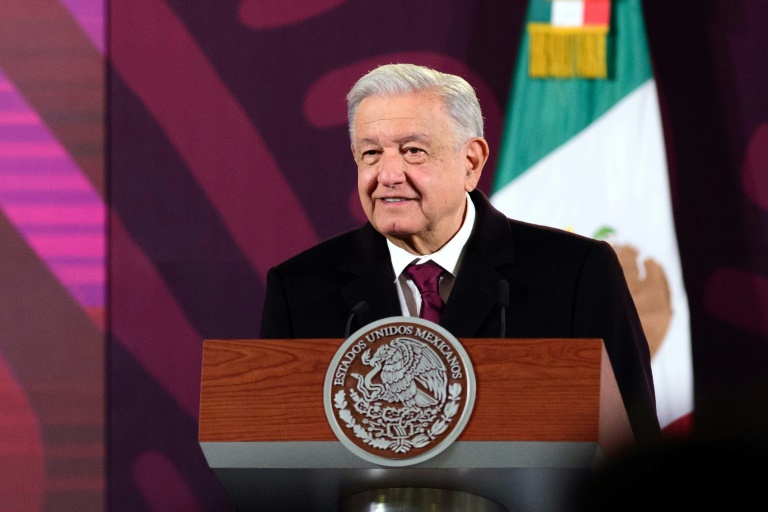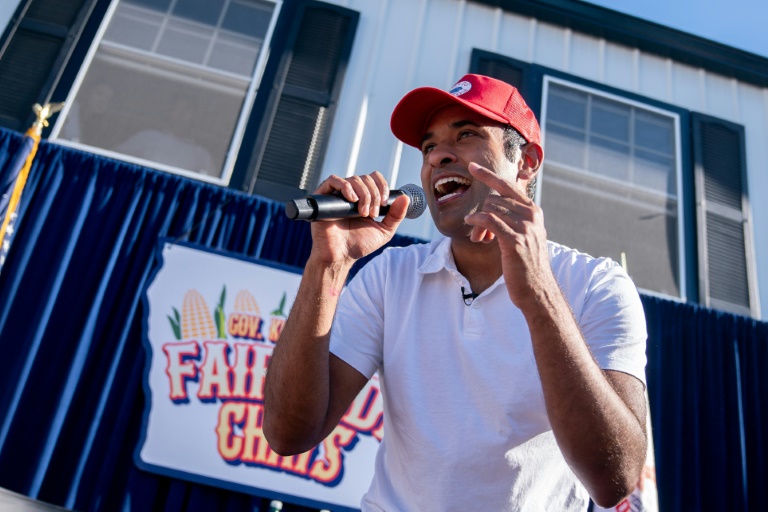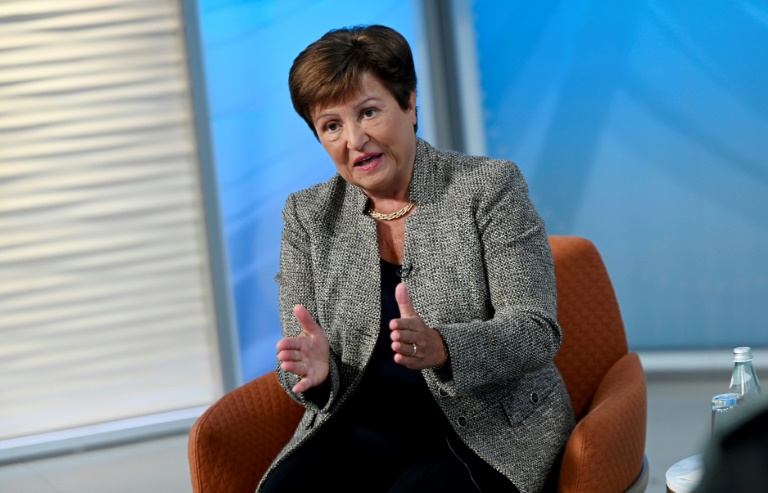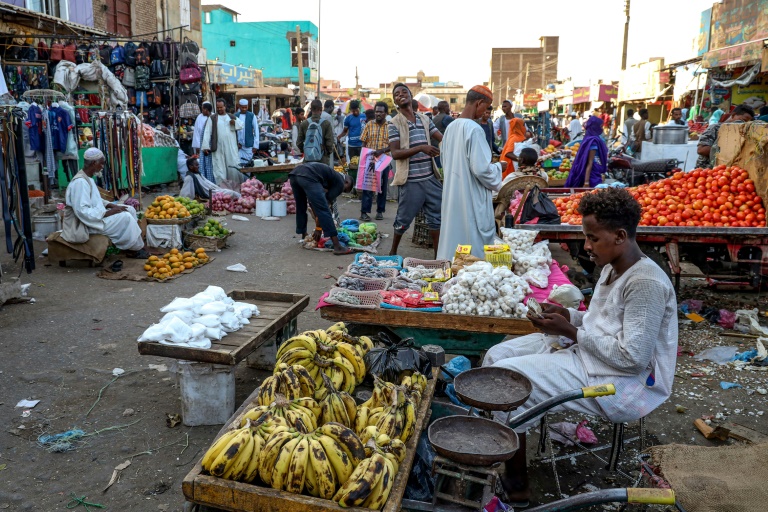Mexican President Andres Manuel Lopez Obrador on Wednesday vehemently rejected claims that drug traffickers helped to fund his first presidential campaign in 2006, describing the allegations as “completely false.”
Lopez Obrador also criticized US authorities for violating “political ethics” after the claims appeared in an article published on the ProPublica news site, which cited American officials.
According to the report by investigative journalist Tim Golden, US drug enforcement agents uncovered “substantial evidence” that cocaine traffickers had funneled around $2 million to Lopez Obrador’s campaign.
“It’s slander… there’s no evidence” of illegal financing, the Mexican president said at his regular morning news conference.
“I denounce the US government for allowing these immoral practices contrary to the political ethics that should prevail in all governments in the world,” he added.
According to Golden’s article, based on interviews with US and Mexican officials as well as government documents, traffickers allegedly provided funds in return for a promise that a Lopez Obrador government would facilitate their operations.
The report said that it was unclear whether Lopez Obrador sanctioned or was even aware of the funding.
He narrowly lost the election.
Similar articles were also published by the InSight Crime think tank and the German media group Deutsche Welle.
Lopez Obrador rejected the claims as a political attack by his opponents ahead of presidential elections in June, which he hopes to see his close ally Claudia Sheinbaum win.
The Mexican leader, who enjoys a public approval rating of around 70 percent but is only allowed to serve one term, accuses Washington of having failed in its anti-drug strategy.
Since taking office in 2018, Lopez Obrador has championed a “hugs not bullets” strategy to tackle violent crime at its roots by combating poverty and inequality with social programs, rather than with the army.
Mexico has registered more than 420,000 murders since 2006, when the government deployed the military to fight drug trafficking, most of them blamed on criminal gangs.







